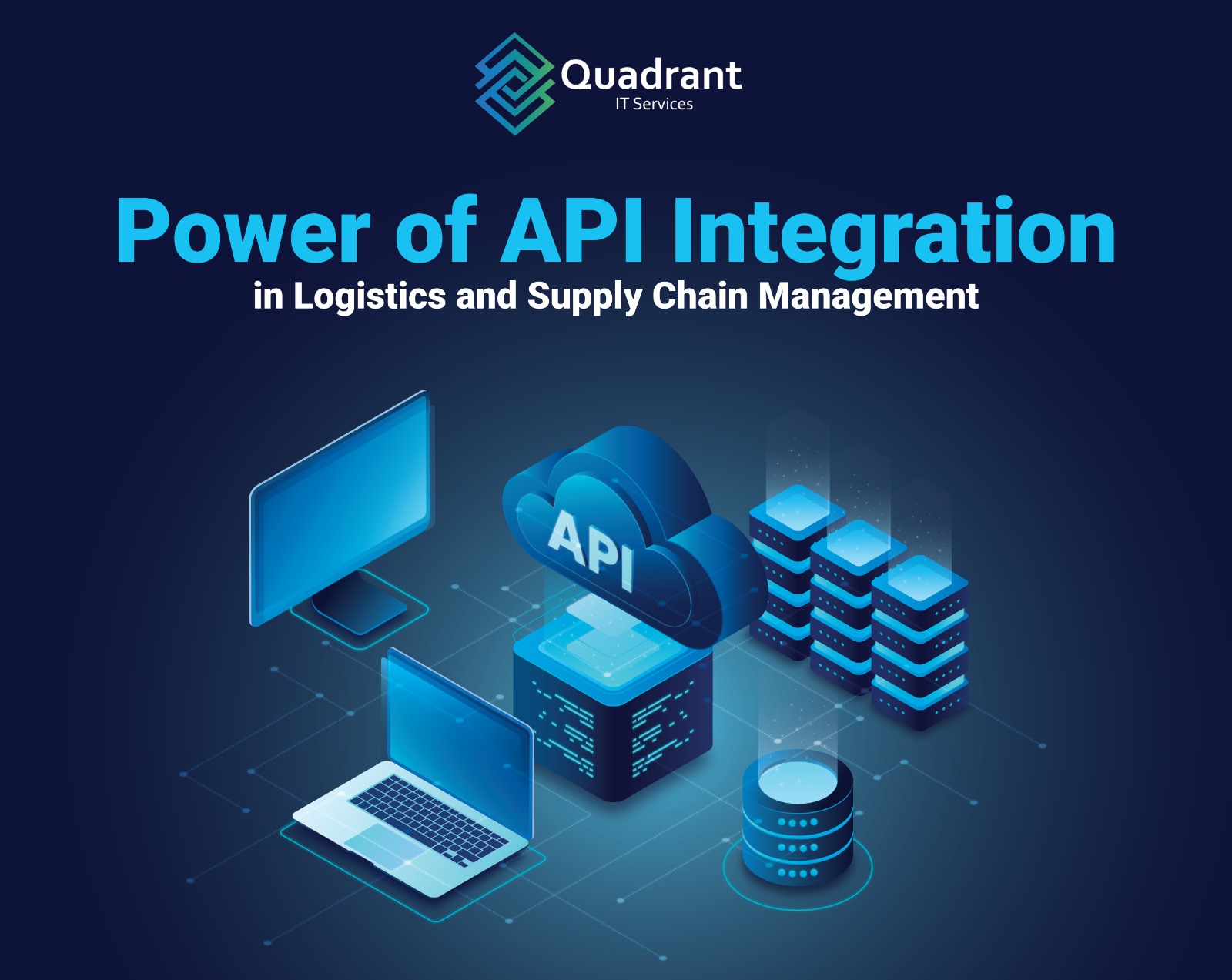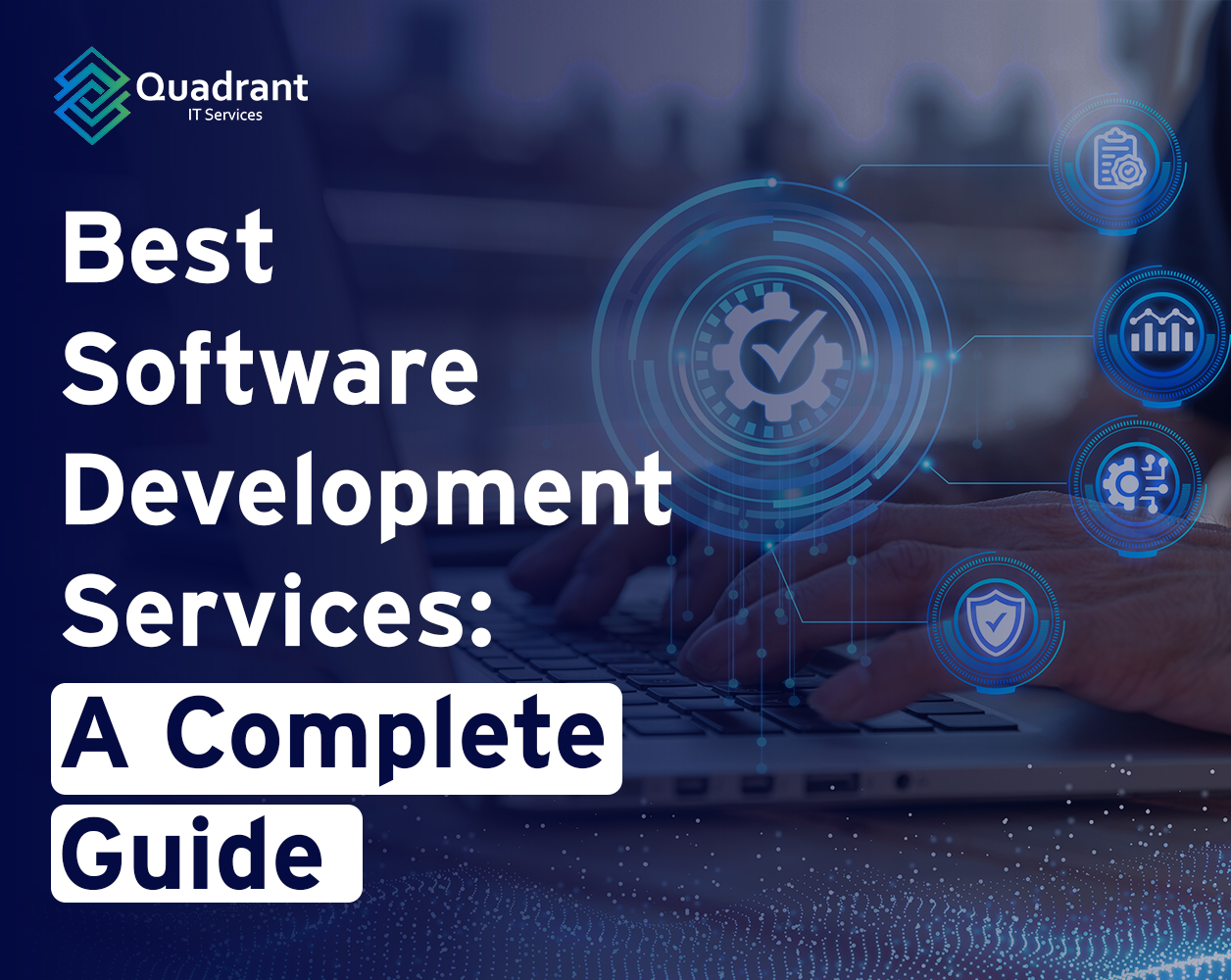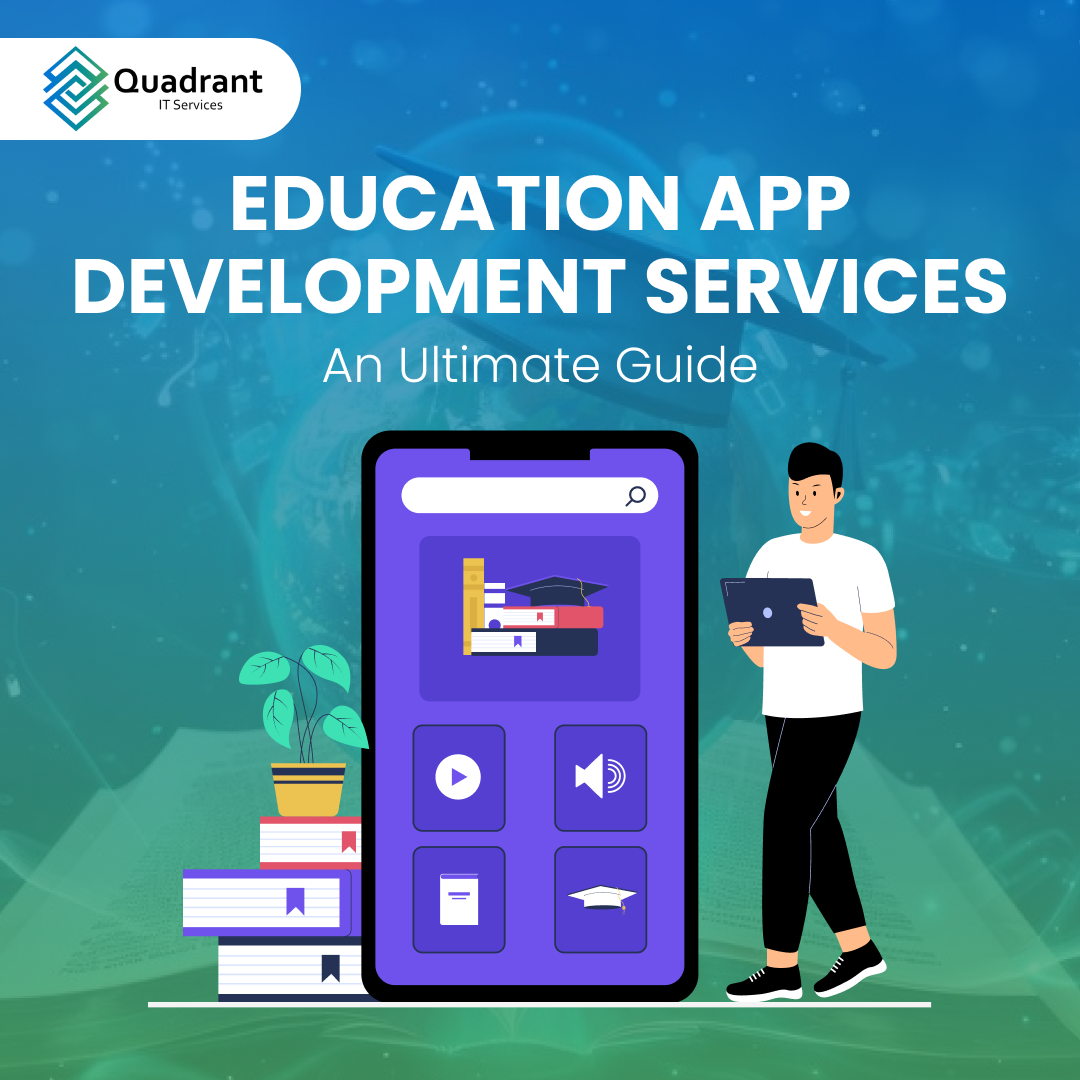Mobile apps have become an integral part of our lives. From shopping to banking and entertainment, everything is now accessible through a mobile app. This presents an incredible opportunity for businesses to connect with consumers, especially younger generations like Gen Z, who rely heavily on apps for their daily needs.
What is Mobile App Development?
In simple terms, mobile app development services are the process of creating software applications that run on mobile devices. These apps can be pre-installed during manufacturing, downloaded by the user, or delivered as web applications with enhanced features. The development process involves building an app that performs specific functions, addresses user needs, and offers a smooth and interactive user experience.
What Steps Are Involved in Mobile App Development?
Every mobile app, small or big must go through following stages to take a shape from an idea.
- Idea and Conceptualization:
The first step involves defining the app’s purpose, target audience, and the problem it aims to solve. Market research, competitor analysis, and understanding user needs are key to laying a strong foundation. - Planning and Strategy:
During this stage, the app’s core features, user flow, and technology stack are determined. A roadmap is created, outlining the development timeline, resources required, and project milestones. - UI/UX Design:
Creating UI/UX Design services is crucial. Wireframes and prototypes are developed to define the app’s structure and navigation, ensuring it offers a smooth user experience. - Development:
The coding phase begins, where front-end and back-end development takes place. Developers choose the appropriate mobile app development company tools and frameworks to bring the app’s design and functionality to life. - Testing:
Rigorous testing is conducted to identify and fix bugs, performance issues, and security vulnerabilities. Quality assurance ensures that the app is stable, and secure, and offers a seamless user experience across different devices. - Deployment and Launch:
Once the app passes all testing phases, it is deployed to app stores like Google Play and Apple’s App Store. The launch strategy involves marketing and user acquisition plans to ensure a successful rollout. - Maintenance and Updates:
Post-launch, continuous monitoring, regular updates, and adding new features are essential to keep the app relevant and functional. User feedback plays a significant role in iterative improvements.
Why Do You Need a Mobile App for Your Business?
It is not necessary for every business shall have a mobile app for their business.
- Enhanced Customer Engagement:
A mobile app provides a direct communication channel between your brand and customers, allowing you to engage with them through personalized content, notifications, and offers. - Brand Visibility and Recognition:
Mobile apps act as a constant reminder of your brand. With customers interacting with your app regularly, it strengthens brand recognition and loyalty. - Increased Sales and Revenue:
By offering convenient access to products or services, mobile apps can significantly boost sales and revenue. Features like push notifications can drive users toward promotions and new launches. - Improved Customer Service:
Apps allow businesses to offer 24/7 customer support through chatbots or help centers, enhancing customer satisfaction and loyalty. - Valuable Customer Insights:
Mobile apps gather user data that can be analyzed to understand customer behavior, preferences, and trends, helping you refine your offerings and marketing strategies.
What is Custom App Development?
Custom mobile app development services involve creating a unique app tailored to the specific needs and requirements of a business. Unlike off-the-shelf solutions, custom apps are designed with specific features, branding, and functionality that align with your business goals.
Importance of Custom App Development: Custom apps provide better scalability, security, and user experience. They allow businesses to incorporate distinctive features that cater directly to their audience, resulting in higher engagement and better ROI. With a custom approach, businesses can easily adapt to market changes and scale the app as their business grows.
Why Quadrant IT Services is an Ideal Choice for Mobile App Development?
Quadrant IT Services stands out in mobile app development with its expertise in creating innovative, scalable, and user-friendly mobile applications. Our team combines creativity with technical excellence, ensuring that your app not only meets your business goals but also provides a superior user experience. From strategy and design to development and deployment, Quadrant IT Services offers end-to-end mobile app solutions tailored to your needs.
To learn more about us, please visit https://quadrantitservices.com/about-us/
Frequently Asked Questions
- Is mobile app development expensive?
The cost depends on the app’s complexity, features, platform, and development team. Basic apps are more affordable, while feature-rich and custom apps may require a higher budget. - What are the latest technologies to build a mobile app?
Popular technologies include Flutter, React Native, Swift (iOS), and Kotlin (Android). These offer efficient development, cross-platform compatibility, and robust performance. - Web application or mobile application: which is better?
It depends on your target audience. Mobile apps offer better user engagement, while web apps are accessible across devices without downloads. Ideally, a combination of both works best. - On average, how many days does it take to build a mobile app?
The development time varies based on the app’s complexity. A basic app may take 2-3 months, while more complex apps can take 6 months or longer. - Flutter or React Native: which is better for mobile app development?
Both are popular frameworks. Flutter is known for faster development and beautiful UI, while React Native has a larger community and offers smoother integration with native features. - Why is custom mobile app development best?
Custom apps are tailored to meet specific business needs, offering greater flexibility, scalability, and better security. They enhance the user experience and provide a competitive edge in the market.








